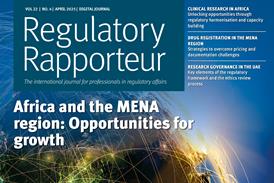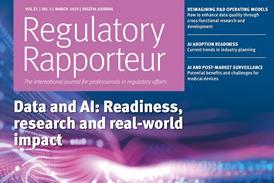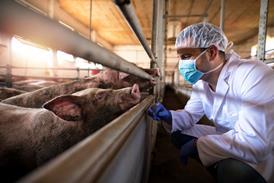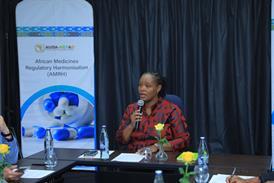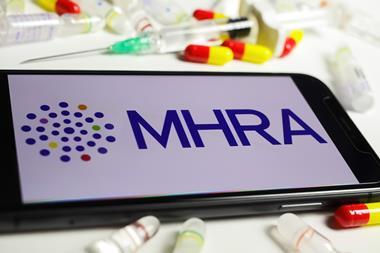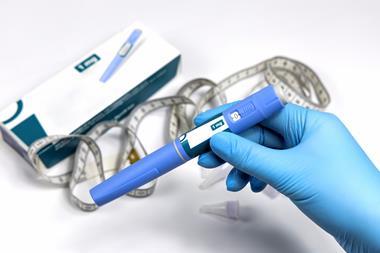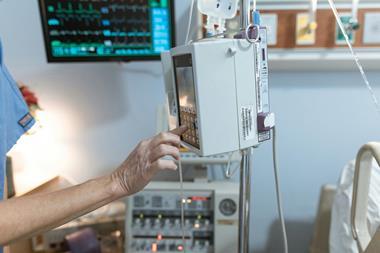
The European Medicines Agency (EMA) has adopted the Guideline on quality, non-clinical and clinical requirements for investigational advanced therapy medicinal products in clinical trials, which officially comes into effect on 1 July 2025.
This guideline, which has undergone several stages of consultation since 2018, focuses on the structure and data requirements for clinical trial applications for ATMP trials. It provides a comprehensive review of the risk assessment processes, nonclinical and clinical documentation, and manufacturing and quality control processes, with a particular emphasis on early phase, exploratory trials. It stresses that ‘investigational ATMPs should be produced in accordance with Good Manufacturing Practice requirements’ and reminds professionals to ensure proper documentation, recording and updating throughout the development of the product.
The EMA has also published an Overview of comments, which contains the feedback received from the second public consultation. Based on the majority of this shared feedback, the EMA updated the guideline and made the following changes:
- Stronger consideration of gene editing technologies
- Further guidance on the clinical investigation of medicinal products in the paediatric population
- Consideration of platform technologies and devices
- More emphasis on risk-based approaches for rare diseases
The guideline divides ATMPs into three categories:
- Gene therapy medicinal products, used in the treatment of genetic disorders and cancers
- Cell therapies, encompassing stem cells that are used to replace damaged tissues
- Tissue engineered products, such as skin grafts or artificial organs.
The EMA’s adoption of the guideline is a significant step forward in ensuring the development of safe and effective ATMPs.


